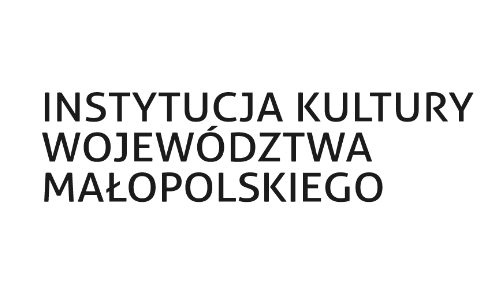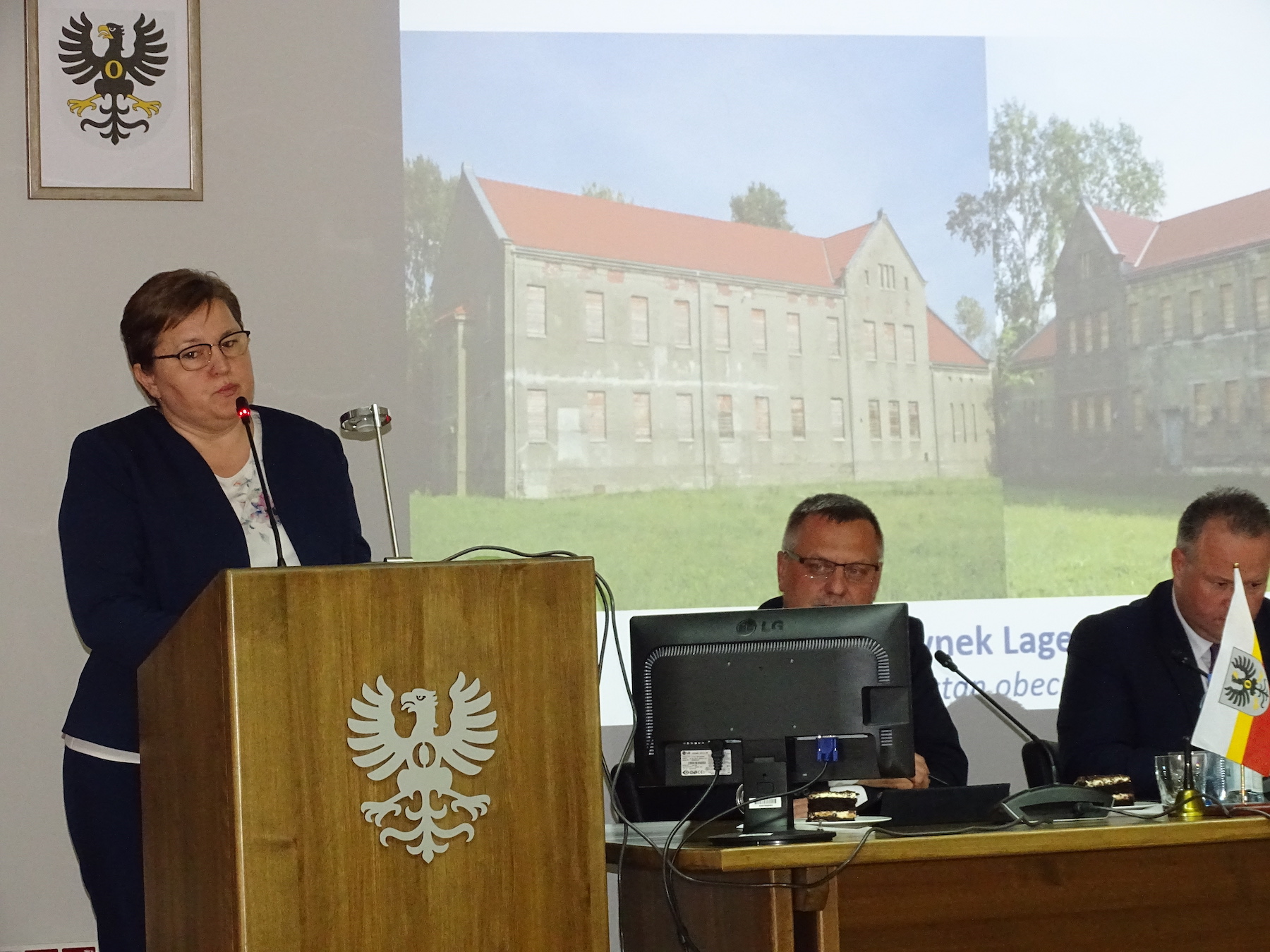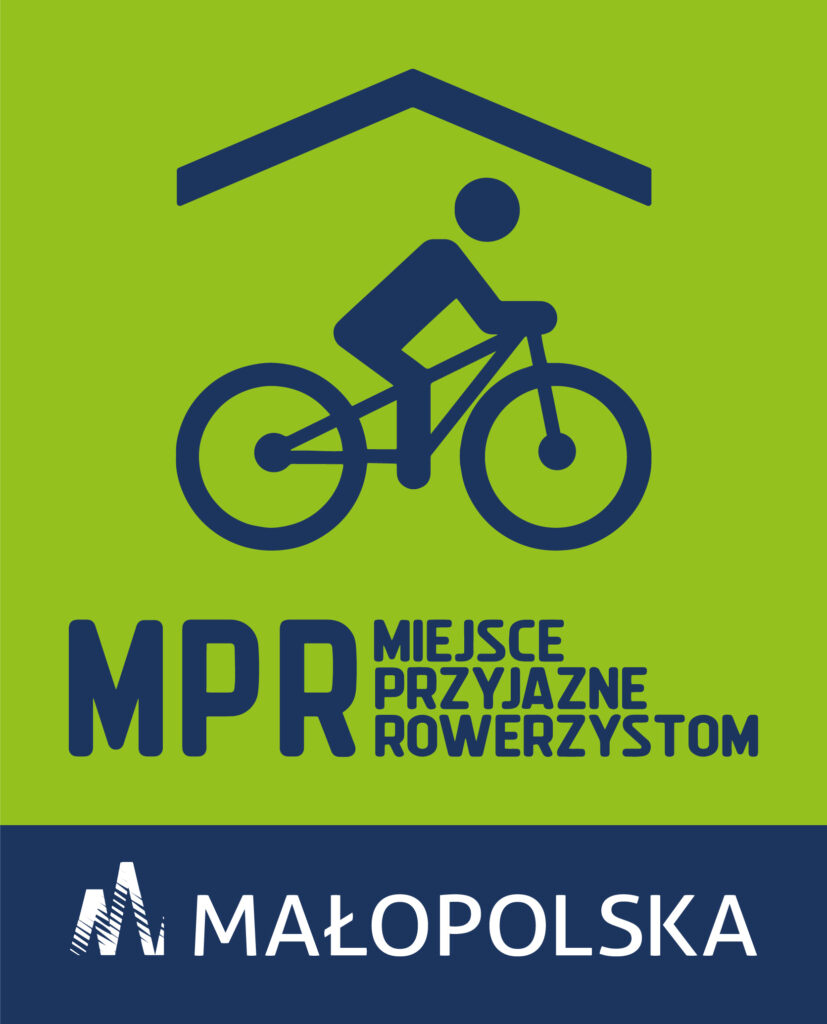During the 8th session of the District Councillors meeting, which took place on 17th April 2019, Dorota Mleczko, Director of the Land of Oświęcim Residents’ Memory Museum, informed the councillors of the activities of the Museum to date.
During her speech, the director reminded listeners of the beginnings of the Museum, when a letter of intent regarding its establishment was signed 14th June 2017 by Deputy Prime Minister Prof. Piotr Gliński and the then District Head Zbigniew Starzec. The Museum’s activities were inaugurated 8th August 2017 by an act of the Oświęcim District Council. A year later – on 14th June 2018 – a contract between the Ministry of Culture and National Heritage and the Oświęcim District Council was signed agreeing the joint running of the Museum.
The mission of our Museum is to remember the inhabitants of the land of Oświęcim with particular emphasis on World War II and the aid which they brought to KL Auschwitz- Birkenau prisoners. The aim is the creation of a modern centre for the collection and description of materials documenting people’s fate within their historical context, as well as activities regarding its permanent exhibition and education.
The director described the Museum’s activities to date – both regarding the development of the “Lagerhaus” building as well as its educational activities. The councillors were also informed of the plans for the coming months, which include the release of a second publication regarding the participation of the inhabitants of the land of Oświęcim in the battles for Polish independence on various front lines during World War II.
Concluding the presentation, Director Dorota Mleczko invited all those who are interested in the Museum to participate in its establishment. She reminded the listeners that everyone can become a co-creator of the Museum’s collection.
“We kindly request that you bring in any mementos, family photographs, documents and every day articles from the period of World War II as well as any from an earlier period which will enable us to enrich the narrative of the Museum’s exhibition,” said Dorota Mleczko during the District Council session.






